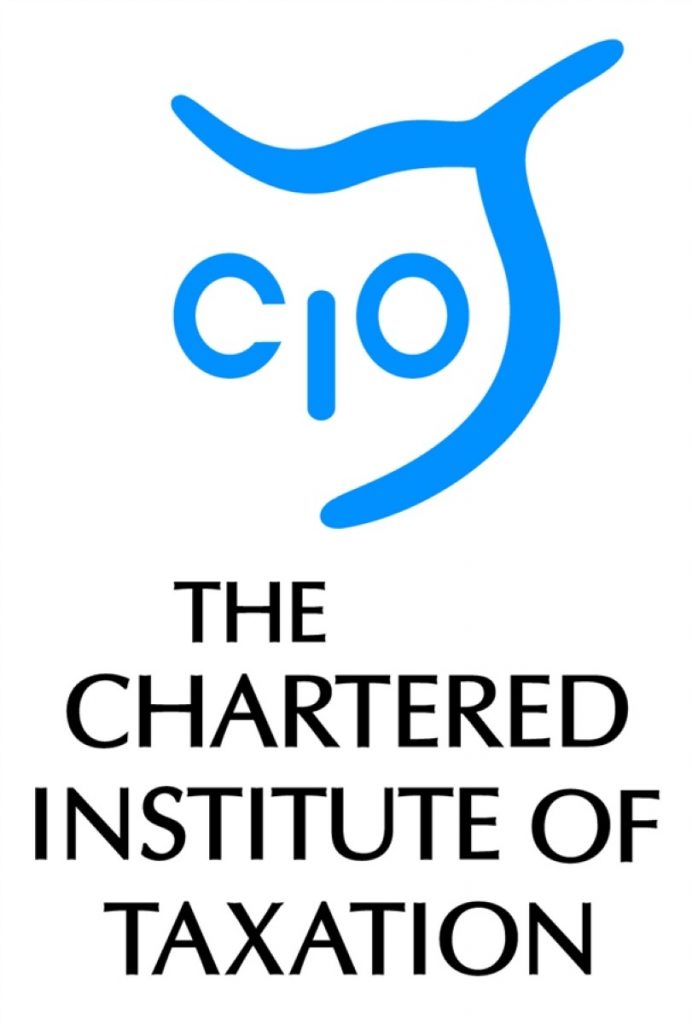CIOT: Autumn statement announcements present a mixed bag to pensioners
While welcoming the increase in the basic state pension to £110.15 from April 2013, tax campaigners have noted that a small band of pensioners on middle incomes are likely to gain from yesterday’s tax announcements, whereas the phasing out of the age-related personal allowance will hit those at the lower end of the income scale.
As announced last year, the higher personal allowance given in past years to people aged 65 or 75 and over will no longer be available to those reaching their 65th birthday in 2013/14. Also, those who have already qualified for the higher age allowance will see no increase in future years, until the level of the basic personal allowance catches up.
Robin Williamson, Technical Director of the Low Incomes Tax Reform Group, explained:
“Although nobody will lose in cash terms, those approaching 65 now may have to revise their expectations and prepare to pay more tax than they might have anticipated. And more pensioners could be drawn into self-assessment as a higher proportion of those reaching 65 become, or remain, taxpayers than in previous years.
“Also, by freezing those who are entitled to the increased age allowances at their 2012/13 level, some pensioners will become worse off in real terms as their pensions are indexed over the next few years.”
But a small group of middle-income older taxpayers will still be marginally better off because the level at which the age-related part of the personal allowance begins to be withdrawn has not been frozen. That threshold is £700 higher in 2013/14 than in 2012/13 – up from £25,400 to £26,100.
Robin Williamson added:
“It is unfortunate that the means by which the age-related allowances are effectively being withdrawn has increased the complexity of the tax system for pensioners, at least in the short term. We now await the Office of Tax Simplification’s final report on its review of pensioner taxation in the hope that longer term simplification can be achieved.”
Notes to editors
The Low Incomes Tax Reform Group (LITRG) is an initiative of the Chartered Institute of Taxation (CIOT) to give a voice to the unrepresented. Since 1998 LITRG has been working to improve the policy and processes of the tax, tax credits and associated welfare systems for the benefit of those on low incomes.
The CIOT is a charity and the leading professional body in the United Kingdom concerned solely with taxation. The CIOT’s primary purpose is to promote education and study of the administration and practice of taxation. One of the key aims is to achieve a better, more efficient, tax system for all affected by it – taxpayers, advisers and the authorities. The CIOT’s 16,500 members have the practising title of ‘Chartered Tax Adviser’ and the designatory letters ‘CTA’.
George Crozier
External Relations Manager
D: +44 (0)20 7340 0569
M: +44 (0)7740 477374
The Chartered Institute of Taxation
Registered charity number 1037771
www.tax.org.uk
The Association of Taxation Technicians
Registered charity number 803480
Registered company number 2418331
VAT Registration Number 497 5390 90
www.att.org.uk
Low Incomes Tax Reform Group – an initiative of the Chartered Institute of Taxation
www.litrg.org.uk
1st Floor, Artillery House, 11-19 Artillery Row, London SW1P 1RT





-01.png)